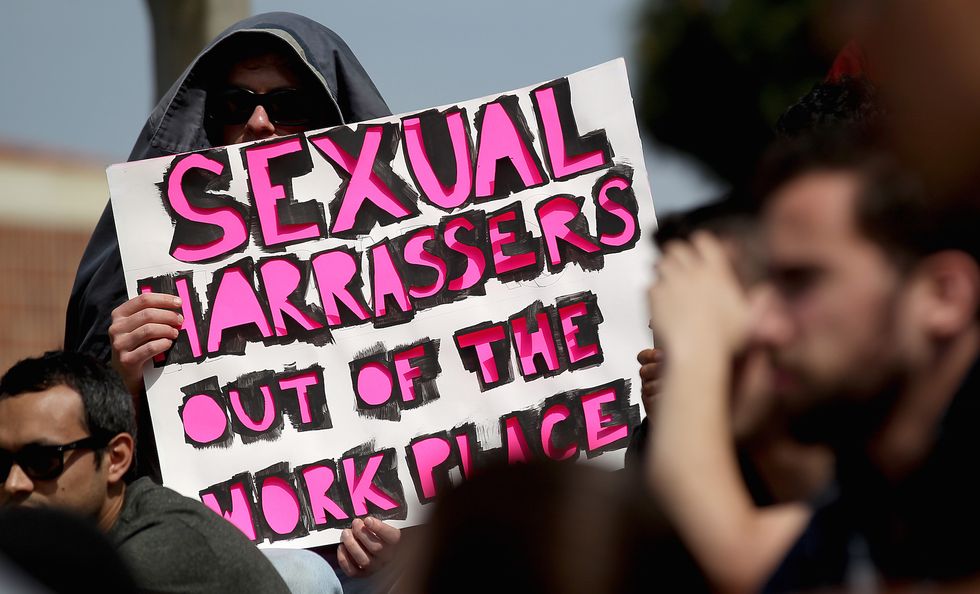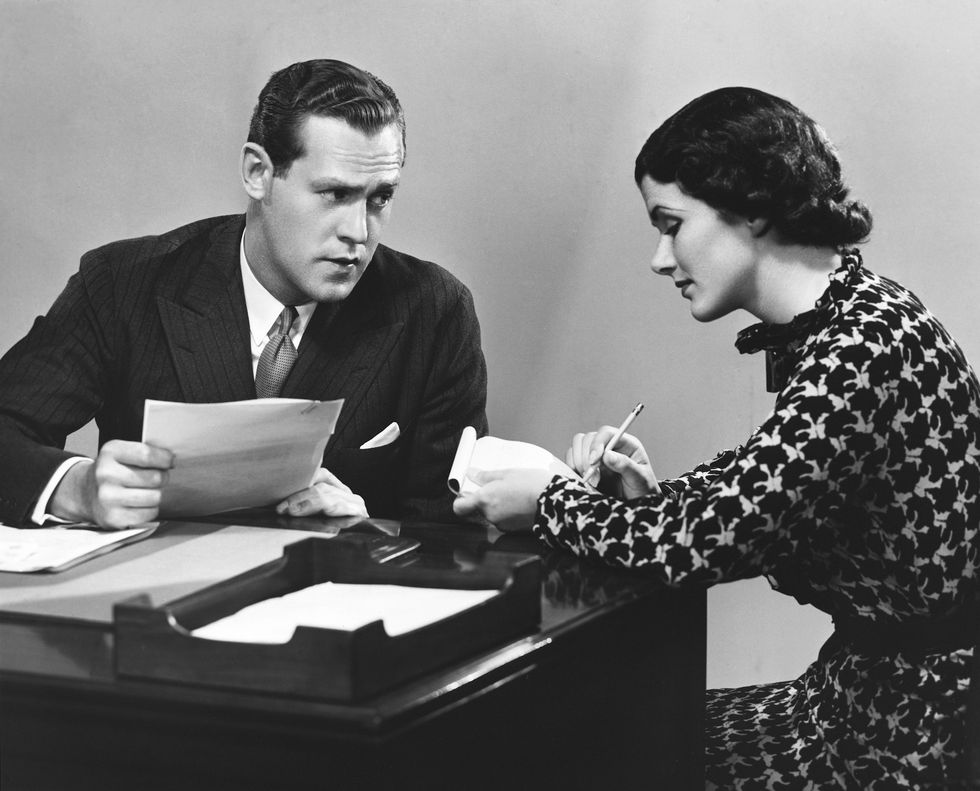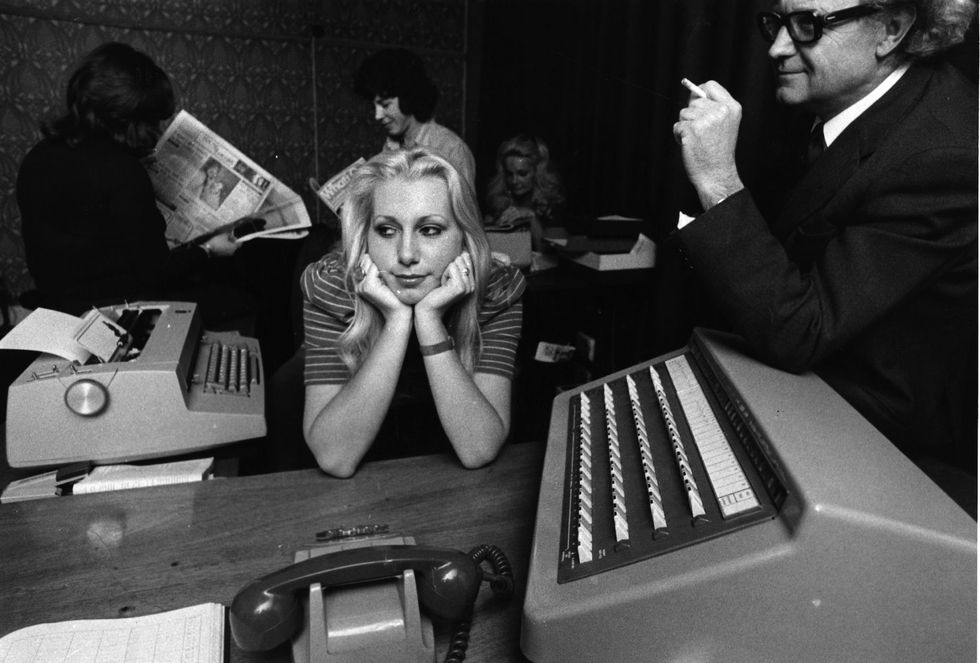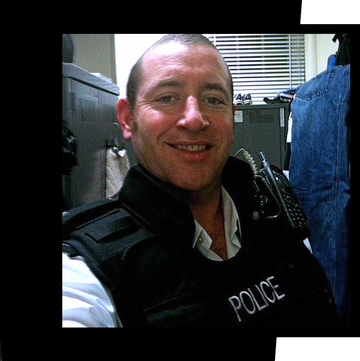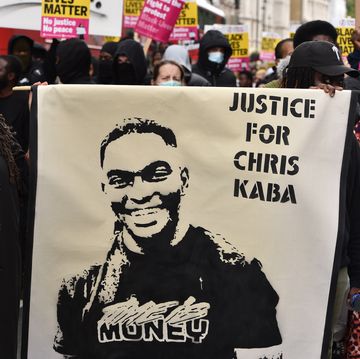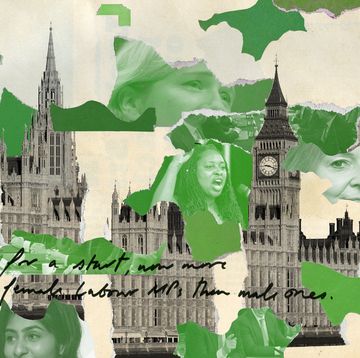A new study has revealed that over half of women have experienced sexual harassment in the workplace in the UK.
The study, which comes from research by the Trades Union Congress and the Everyday Sexism Project has discovered that 52 per cent of women have experienced unwanted behaviour and that, rather horrifyingly, that statistic jumps to 63 per cent among the 16-24 age category.
There have been loads of different studies of this nature over the years, some saying as much as two thirds of women have been victims to this kind of abuse.
The real take-away, though, seems to be that a) the figures are shockingly high and b) that in reality, they're probably even higher because so many incidences go unreported.
In light of this, we've spoken to Sheena Leimon, Senior HR Director at the government's HM Revenue and Customs, to gain a deeper understanding of what qualifies as sexual harassment and what exactly you should do about it if you experience it.
Here's what she had to say:
So, what exactly is sexual harassment?
'It can be hard to define. But essentially, it is ANYTHING that makes you feel uncomfortable, that's being levelled at you on the basis of your sex,' says Sheena.
From full-on groping, right through to regular comments about your attire, your mannerisms, or suggestive jokes at your expense.
'It depends on the individual and how they are made to feel,' Sheena continues.
'You have to use your intuition about whether or not it's something you can brush off, something that might provoke you to address the person it came from, or something you would choose to report more formally.
'I used to work in manufacturing so I tended to be the only female in any group of people I was with - in management meetings and so on - so you might have thought that would have been the prime environment for harassment. But, they were all pretty careful with me and would swear profusely and then apologise to me, which i always thought was quite funny,' she concludes.
So it's sometimes in the less macho environments, where you're least expecting sexual harassment to be born of pre-existing bravado, that it can arise.
But if it's affecting your demeanour, your confidence or the way you dress, it needs to be dealt with.
Your First Response
'In terms of your first reaction, I would take it to the person making you feel uncomfortable, if that's something you feel you can do,' says Sheena.
You can be relatively casual about it, by just dropping in the line 'Oh that's inappropriate' or 'That's a bit off the mark,' or even 'I know you don't mean it, or don't even know you're doing it but...'
'I would always encourage people to deal with it at the lowest level first, where appropriate,' she says.
'But, if that's not something you feel you can do, then you need first to speak to somebody you can trust. A lot of organisations will have an Anti-Bullying or Equality Champion. Go speak to them, or a trusted, more senior confidante who might also have spotted the behaviour, because they might be able to offer you training in how to handle the individual,' Sheena continues.
'If that fails, you have to go to the line manager or HR,' she finishes.
But Is It Not Just 'Banter'?
Where does the banter end and the harassment begin?
'You can't really dictate that, but anything that makes you feel uncomfortable is not okay,' says Sheena.
'Of course, it's not the words on their own, it's the setting, who is saying them and how they are said.
'If you're in an office where people give lots of abuse to each other, and that is the norm, then that can be fine. You have that as your threshold level. But once it takes a turn, becomes a bit more personal or directed at one person, or more sexual towards one person, then that's when it starts to be inappropriate.
'You have to make that judgement.'
Why Is It Important To Voice Up?
'For anyone, coming to work needs to feel safe, a secure environment to do your best in. Being sexually harassed in some of the more subtle ways can slowly creep into someone's mind, robbing them of their confidence, and it can get to the stage where you're feeling uncomfortable, you second guess what you're doing and you think, 'Am I deserving of this?' about more and more things. It can end up being a negative spiral.
'Also, if its in the more wider office, it raises the stake of what's appropriate to say, so the banter goes up a notch and up a notch until it gets a bit more toxic,' says Sheena.
'Calling it when you feel the line is crossed is important. It keeps it to the level of what's appropriate. If you let it continue at increasingly uncomfortable levels, it can have an impact on you as an individual, you then are the brunt of more of it, or an impact on the whole group.
'Or, it could be that a new person joins the group who is not used to it or more sensitive and then takes it really hard, so they get hurt or the group doesn't function as well as a whole.'

Natasha Bird is the Former Executive Editor (Digital) of ELLE.

